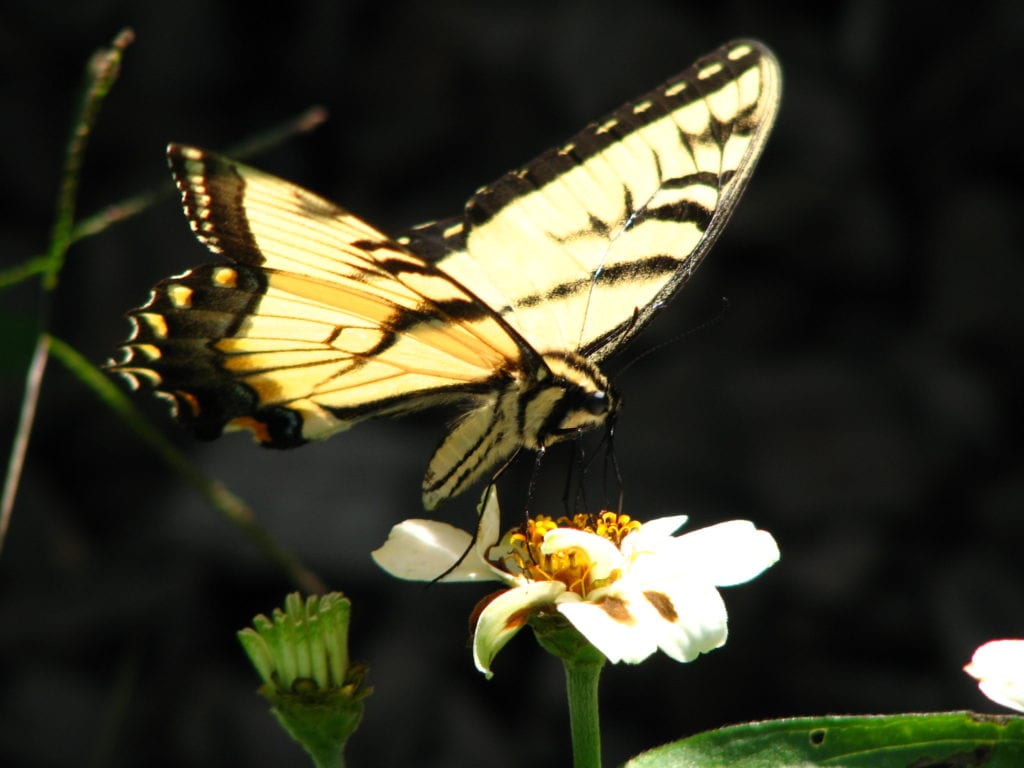
Three speakers will highlight the annual Pollinator Festival at Powdermill Nature Reserve on Saturday, August 11, 2018. Mark Slater, horticulturist and environmental educator with Reading Community College, will present “Plants versus Animals, a study in cooperation and competition.” Andrea Kautz, Staff Entomologist at Powdermill Nature Reserve, will present a program on the pollinator project at the Flight 93 Memorial, and Luke DeGroote, Avian Ecologist at Powdermill, will speak about hummingbirds as pollinators.
The event, which is free and open to the public, will include sales of honey and bee products, as well as a large plant sale that will emphasize native plants that attract pollinators.
Many people aren’t aware that, besides honey bees, there are hundreds of other important pollinators that play a vital role in the pollination of food crops. Attracting these insects and birds to the garden requires plants that act as larval host plants as well as nectar sources. People who attend the festival will learn about the most recent research on the plants most likely to draw beneficial pollinators to private and public gardens.
Powdermill has six gardens that focus on specific plant communities: a butterfly garden, a rain garden, a barrens, a wetland, a woodland path, and an herb garden. Perennials from the mid-Atlantic region are featured in ecological habitats; the herb garden has plants from the worldwide temperate flora. Martha Oliver, horticulturist of The Primrose Path in Scottdale and designer of Powdermill’s gardens will be on hand to lead tours.
The festival is on the grounds of Powdermill Nature Reserve, from 10a.m.-3p.m. on Saturday, August 11, 2018.
For more information, contact Cokie Lindsay, lindsayc@carnegiemnh.org.
